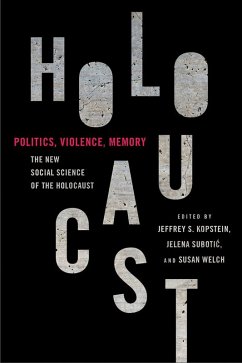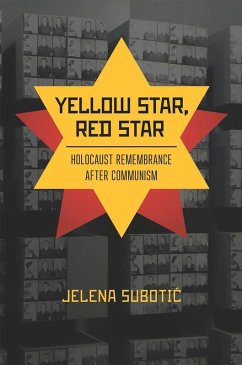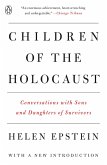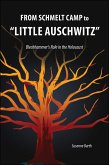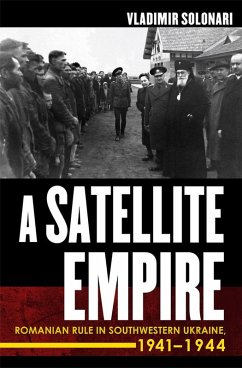Politics, Violence, Memory highlights important new social scientific research on the Holocaust and initiates the integration of the Holocaust into mainstream social scientific research in a way that will be useful both for social scientists and historians. Until recently social scientists largely ignored the Holocaust despite the centrality of these tragic events to many of their own concepts and theories.
In Politics, Violence, Memory the editors bring together contributions to understanding the Holocaust from a variety of disciplines, including political science, sociology, demography, and public health. The chapters examine the sources and measurement of antisemitism; explanations for collaboration, rescue, and survival; competing accounts of neighbor-on-neighbor violence; and the legacies of the Holocaust in contemporary Europe. Politics, Violence, Memory brings new data to bear on these important concerns and shows how older data can be deployed in new ways to understand the "index case" of violence in the modern world.
In Politics, Violence, Memory the editors bring together contributions to understanding the Holocaust from a variety of disciplines, including political science, sociology, demography, and public health. The chapters examine the sources and measurement of antisemitism; explanations for collaboration, rescue, and survival; competing accounts of neighbor-on-neighbor violence; and the legacies of the Holocaust in contemporary Europe. Politics, Violence, Memory brings new data to bear on these important concerns and shows how older data can be deployed in new ways to understand the "index case" of violence in the modern world.
Dieser Download kann aus rechtlichen Gründen nur mit Rechnungsadresse in A, D ausgeliefert werden.

